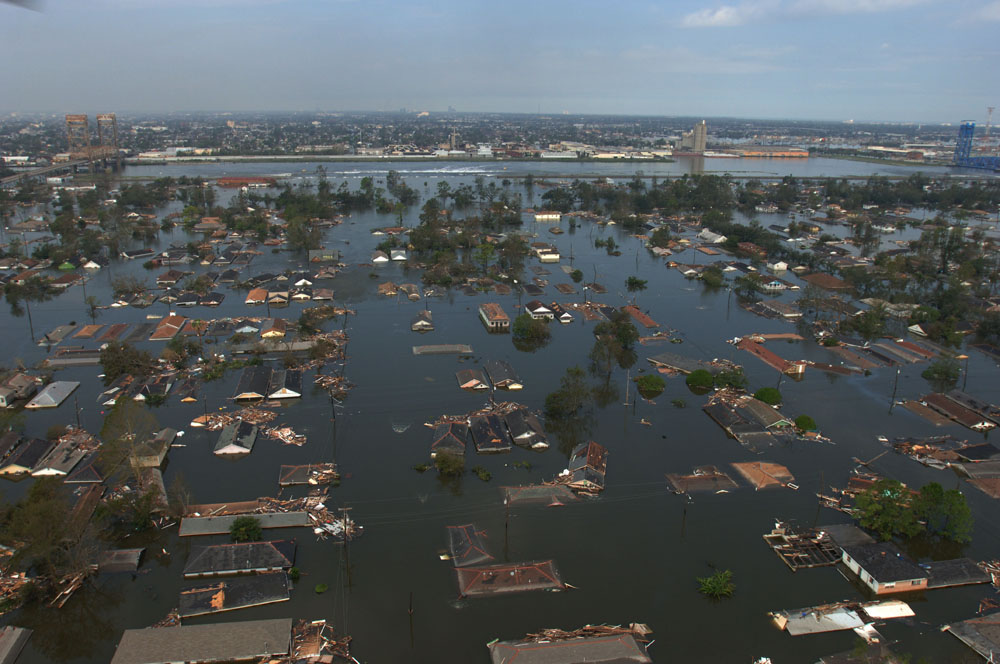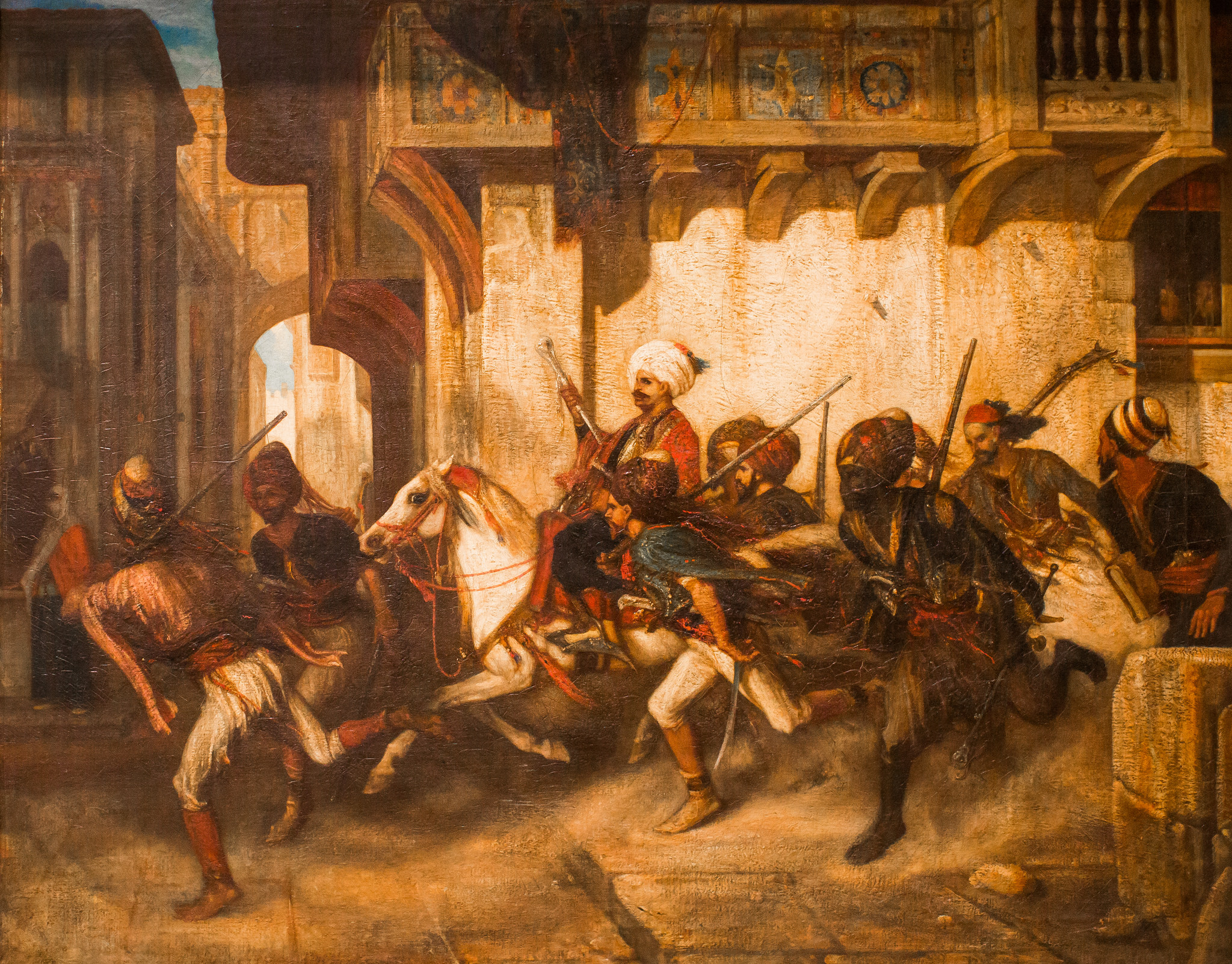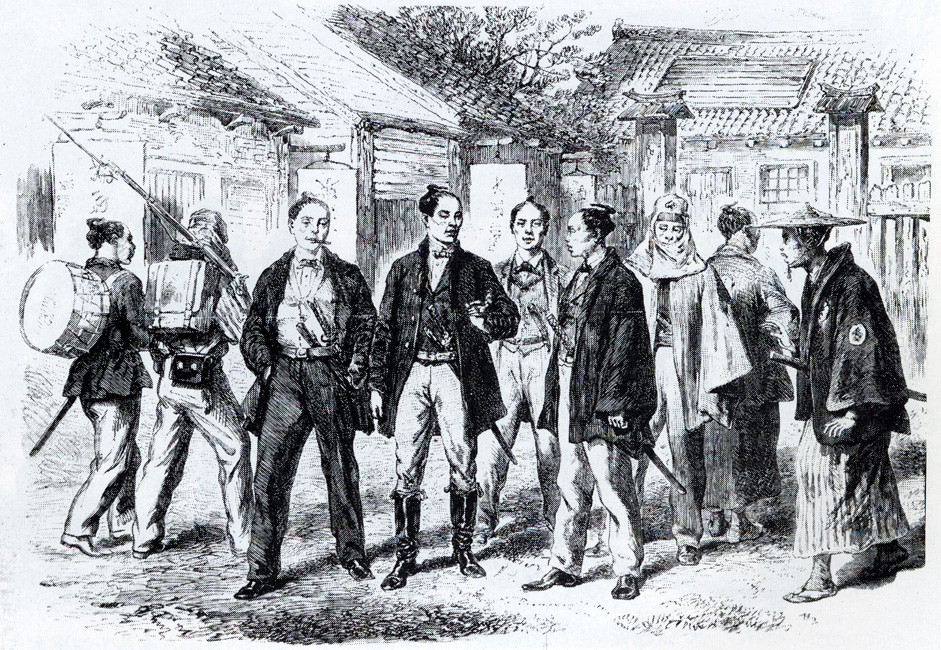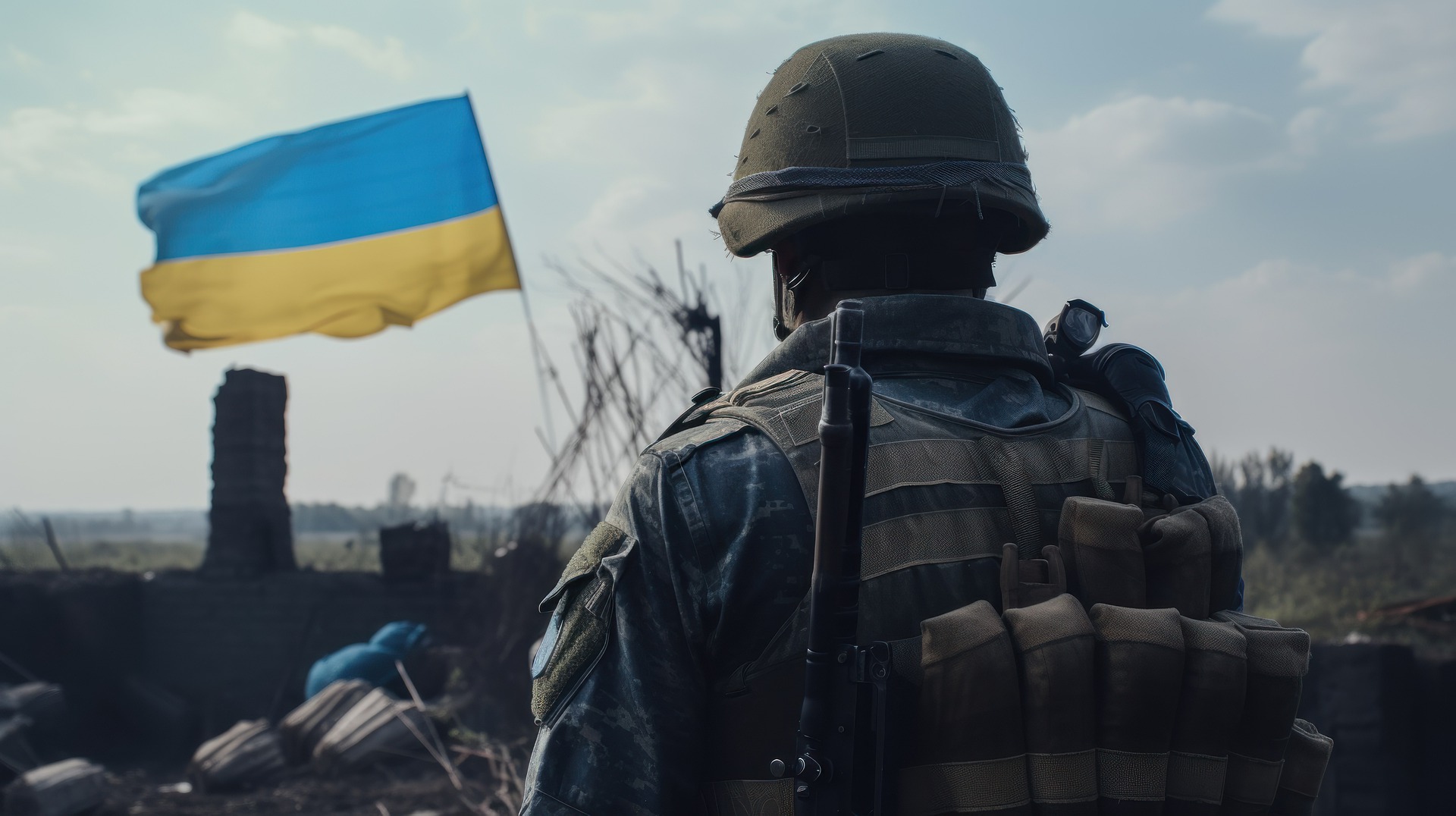
Al Qaeda’s Syrian recruits: the case of ‘Abu Majed’. “What draws fighters to such Islamist jihadist groups are basically what gains them sympathy among the general populace, too. Namely, their overtly sectarian incitement and animosity towards Shia and Alawi Muslims, as well as their discipline and fighting prowess, which importantly includes sparing the private property of civilians from becoming war spoils, something which most other rebel groups don’t even attempt to do.”
This perception, if accurate, reflects recent New York Times reporting that quoted an Islamist-affiliated fighter complaining that other rebels are “lazy people who raise the revolution flag but spend time relaxing and getting money.”
AP reports on the slow split dividing Syria into three distinct regions controlled by the regime, rebels, and Kurds, making it increasingly difficult to forecast what the shape — literally — of post-conflict ‘Syria’ will be.
Kenneth M. Pollack has released a new memo with Brookings on Iraq. However Iraq develops in the aftermath of the American invasion and withdrawal, Pollack’s statement that ‘most Americans stopped caring about Iraq long ago’ is certainly true.
Moving to Afghanistan, the Pentagon’s future after 2014 (via Jason Lyall). More on US Special Operations Command’s post-Afghanistan future, including “the fear that policymakers will decide that special operations is the answer to everything.”
In Afghanistan, fathers barter daughters to settle drug debts.
What’s to be learned by comparing Mali and Afghanistan?
Last month Suketu Mehta reported from Brazil’s violent favelas, profiling drug traffickers, corrupt authorities, and the absence of state control.
Chase Madar reviews Nick Turse’s book Kill Anything that Moves: The Real American War in Vietnam. The ignorance of the realities of the Vietnam War among American youth Madar relates is striking, to say the least.
Speaking of books, Duck of Minerva hosts a very interesting discussion of Robert Pape’s Dying to Win.








0 comments